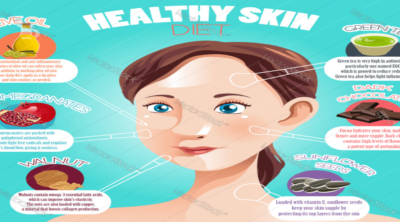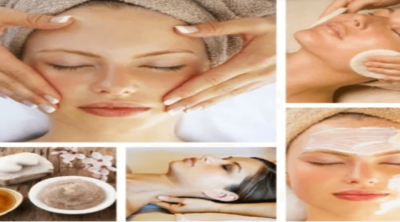
The initial purpose of using glutathione cream is for skin whitening. Read the following article and get to know more about its pros and cons, and other natural glutathione supplements that one can use instead.
Glutathione is an important antioxidant, used in various beauty products. It is a tripeptide that consists of linkage of three essential amino acids, namely – cysteine, glycine, and glutamic. It is present in two forms as dimmer or oxidized glutathione and monomer or reduced glutathione. The reduced variant is naturally active, while the oxidized one needs reductase enzymes to get into an active state. Since it is an antioxidant, it is found extremely beneficial for detox, maintenance, rejuvenation, and protection of all the body cells. It is the reason why glutathione is also called the ‘master antioxidant’ and is used in numerous beauty products, including glutathione cream.
Benefits
Healthy cell tissues consist of more than 90% of reduced glutathione, and it is one of the major endogenous antioxidants that are produced by the body cells. It fights free radicals and the rest of the reactive oxygen compounds. As a result, it also maintains and activates other vital nutrients like vitamin C and vitamin E. It helps the process of detoxification of carcinogens and foreign bodies that might cause cancer. It also plays a vital role in the process of metabolism, DNA synthesis, protein synthesis, amino acid transport, etc. Low levels result into several autoimmune disorders like autism, Parkinson’s disease, HIV/AIDS, rheumatoid arthritis, etc. Using glutathione cream as a biomedical autism treatment have benefited the children on the autism spectrum.
A few studies have highlighted the glutathione whitening effects. It is found effective in reducing skin blemishes, that are a resultant of oxidative stress. Since it binds the liver toxins and undigested waste material from the body, it detoxifies the cells and provides clear and radiant skin. It also works as melanin inhabitant, which is the reason why this cream is used as a skin whitening product. It is one of the most popular agents in many East Asian skin care products and skin whitening creams. Along with creams, people also use glutathione antioxidant supplements in dietary form to get its maximum benefits.
Side Effects
Along with the mentioned precious benefits of this cream, there are a few side effects that one must always be aware of. It is agreed that this product has no severe side effects, but overdose of this supplement can lead to some side effects. In case of creams, since most of them are artificial, there are potential health risks involved with them, due to the fillers, additives, and contaminants that are present in them. It is the reason why pregnant and breastfeeding women need to consult their health care providers, before using glutathione in any form. A few people might be prone to allergy. Such people also need to consult their health care professionals prior to the usage of glutathione cream or any other supplements.
The possible side effects include: a skin disfiguring condition, which is called ochronosis that also causes dark spots on the body. Some other side effects include hives, itching, skin inflammation, etc. The side effects depend on the metabolic functions of each individual. To avoid the side effects of the supplements, you can consume natural sources of glutathione, like the vitamins and minerals like vitamin B complex, vitamin C, vitamin E, selenium, zinc, magnesium, etc. Some of the glutathione rich foods are: asparagus, broccoli, cabbage, grapefruit, orange, parsley, potatoes, spinach, strawberries, tomatoes, watermelon, tomato, meat, etc. One can also try some of the skin whitening home remedies, in order to evade these side effects.
All in all, it is extremely important to consult the health care provider before using glutathione cream, which is the best way to avoid further complications. Take care!
Disclaimer: This article is for informative purposes only, and should not be used as a replacement for expert medical advice.


